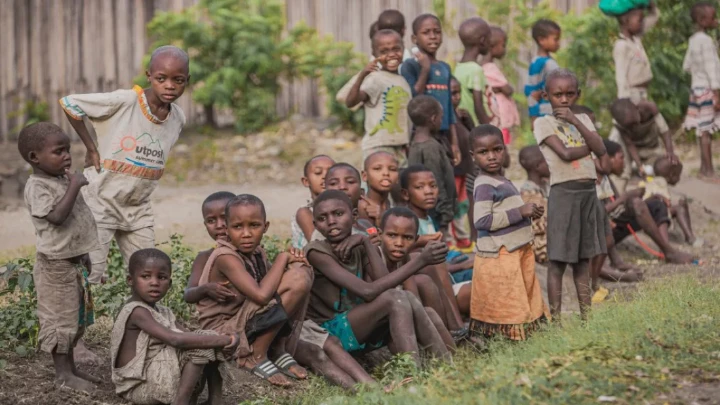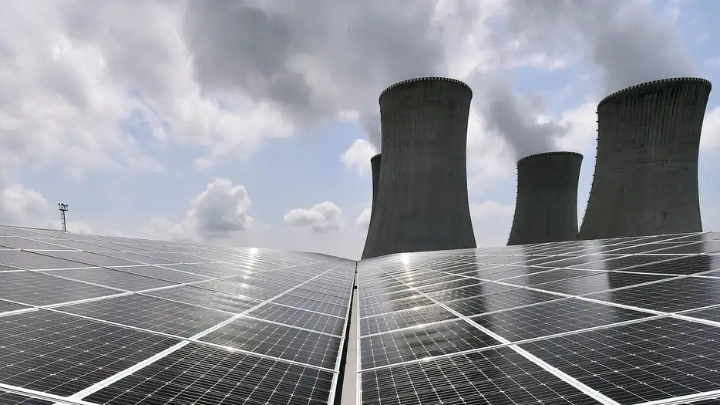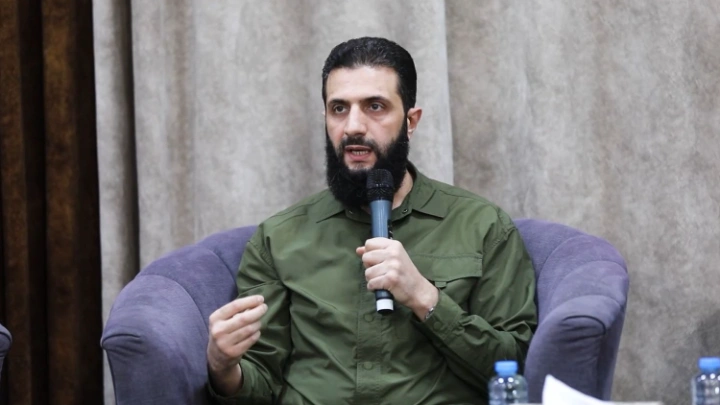Could G20 plan lift 500 million people out of poverty?
DW || Shining BD
Does the global community still have at least one common denominator? The good news is, yes.
At present, this seems to be the “Global Alliance Against Hunger and Poverty” initiative launched recently at the G20 summit where government representatives from the most important industrialized and emerging countries meet.
Brazil started the new initiative, which now includes 82 countries, the EU and the African Union.
In addition, 24 international bodies, including the World Bank and the UN Food and Agriculture Organization (FAO), as well as 31 non-governmental organizations, are involved.
Germany was among the first to lend support. Svenja Schulze, the German Development Minister, merged the Alliance for Global Food Security, which was founded two years ago as part of the German G7 presidency, with the new initiative.
There is no shortage of money. The Inter-American Development Bank, or IDB, committed to providing up to $25 billion (€23.8bn) in financing to support policies and country-led programs to end poverty and hunger.
The aim is to lift 500 million people out of poverty by 2030.
Hunger, the blight of humankind
The informal group of G20 countries is one of the few arenas in which government representatives from countries with conflicting interests still meet face-to-face.
Originally founded in 2008 as a response to the Asian financial crisis in the 1990s, the group has become a format in which the global North and South, the G7 and the BRICS countries all come together.
“The world produces more than enough food to eradicate hunger”, the G20 states concluded in the summit’s final declaration.
There was no lack of knowledge, but rather a lack of “political will to create the conditions for better access to food,” they said.
Stil, Flavia Loss de Araujo, a Brazilian expert in international relations, considers Brazil’s G20 presidency, which passes to South Africa on December 1, a success.
“Brazil received support on the most important issues it proposed: Hunger and poverty, issues that have always been neglected by rich countries,” she wrote in an article for the online platform The Conversation, a forum for exchange between academia and journalism.
‘Big money for defense and energy transition’
However, Claudia Zilla, an expert on Latin America from the German Institute for International and Security Affairs (SWP), warns against high expectations.
“At the moment, a lot of money is flowing from the industrialized countries into defense and the energy transition,” she said.
While energy transition and climate crisis were also mentioned in the G20 final declaration, this was only in the form of abstract declarations of intent.
The states reaffirmed their commitment to “limit global warming to 1.5 degrees” and announced that they would “increase climate finance from billions to trillions,” she said.
From Rio to Belém
The sobering results of the most recent UN Climate Change Conference in Baku suggest that Brazil has a lot of work to do even after the end of its G20 presidency.
After all, the next climate conference, COP30, will take place in Belém, Brazil, in November 2025.
Brazil will also take over the presidency of the BRICS countries in 2025.
It is likely that Brazil’s G20 successor, South Africa, will continue the topic of climate change during its presidency, albeit with a different emphasis.
Debt relief for climate protection?
According to Magalie Masamba, a debt expert from the University of Pretoria, the funding of climate protection measures could be linked to the growing debt overload of many countries in the region.
“Meaningful participation will require a concerted effort to define and champion issues that are critical for Africa, such as equitable debt restructuring, mobilizing climate finance and inclusive economic growth,” she wrote in a piece for the Africa Policy Research Institute (Apri).
“This leadership role offers the chance to address Africa’s sovereign debt crisis in a way that promotes long-term economic stability and equity, while pushing for innovative financing solutions to meet both development and climate adaptation needs,” she added.
Tax on the super-rich
However, Brazil’s idea of a global minimum tax for the super-rich, which it favored during its G20 presidency and which could be used to finance both climate protection measures and social programs to combat hunger and poverty, will probably only appear in final declarations for the time being.
G20 coordinator Gustavo Westmann, the Brazilian president’s international relations officer, said he was satisfied with small steps for the time being.
He said: “We have managed to establish taxing the super-rich as an issue, but nothing more.”
Shining BD
























